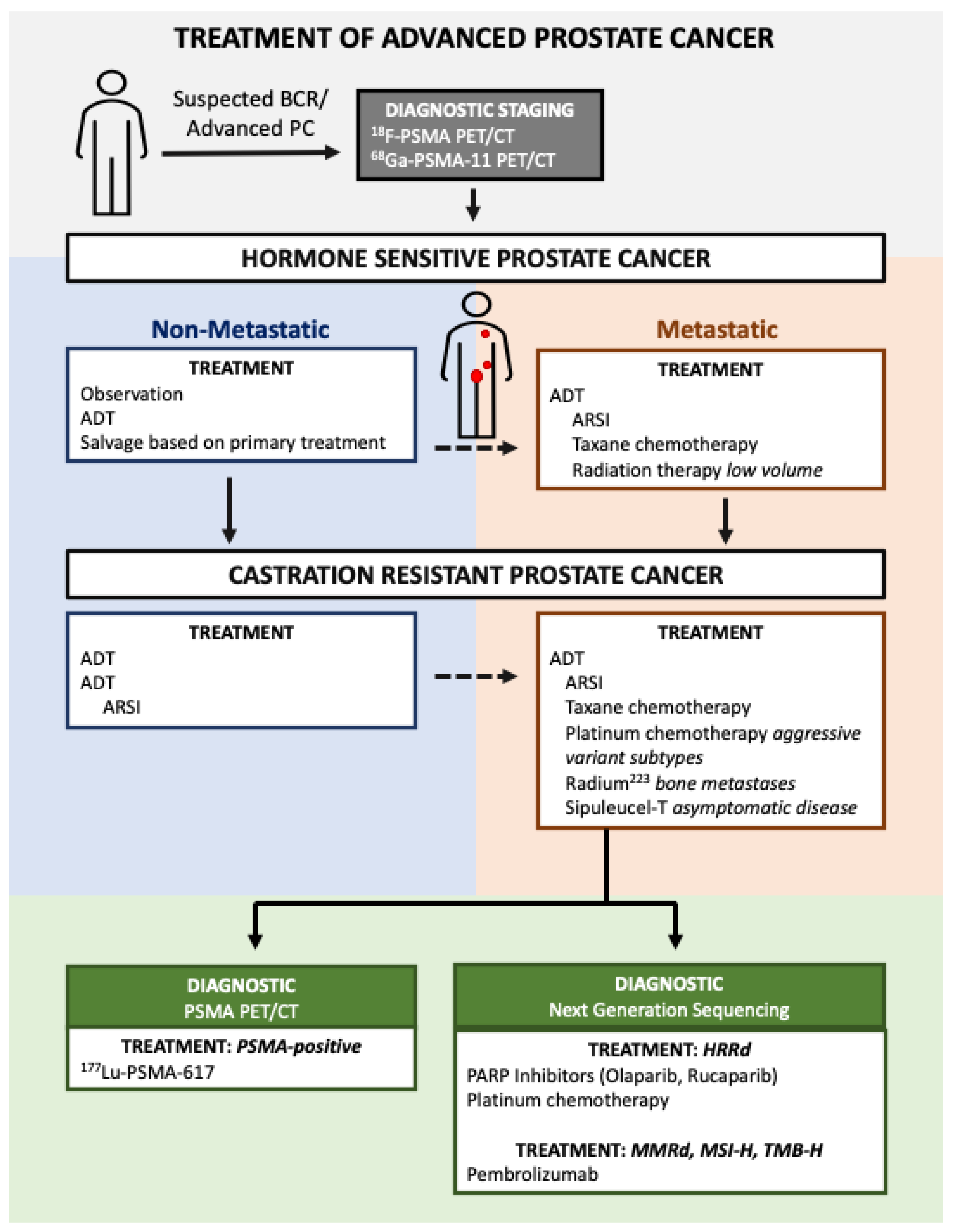Lung cancer remains one of the most formidable challenges in global healthcare, accounting for a significant proportion of cancer-related deaths worldwide. Each year, approximately 1.8 million individuals are diagnosed with lung cancer, while 1.6 million succumb to the disease. The world of oncology continues to grapple with this grim reality, as survival rates remain dismally low, ranging from 4% to 17% depending on the stage and geographic location.
Advancements in Lung Cancer Treatment
Despite these daunting statistics, recent breakthroughs in targeted therapies and immunotherapies offer renewed hope for patients battling advanced non-small-cell lung cancer (NSCLC). Tyrosine kinase inhibitors, designed to target specific oncogenic driver mutations, have evolved over multiple generations, enhancing efficacy and addressing drug resistance. Immunotherapy, particularly immune checkpoint inhibitors, has also emerged as a transformative approach, harnessing the body's natural defenses to combat cancer cells more effectively.
Fred R. Hirsch, MD, PhD, a prominent figure in thoracic oncology, emphasizes the importance of personalized medicine in improving patient outcomes. By identifying low-frequency exon 20 insertion mutations in EGFR through next-generation sequencing (NGS), clinicians can tailor treatments to individual genetic profiles, maximizing therapeutic benefits while minimizing side effects.
Challenges in Small Cell Lung Cancer (SCLC)
Small cell lung cancer (SCLC) presents unique challenges due to its aggressive nature and tendency to metastasize early. According to Dr. Hirsch, diagnosing SCLC in its early stages is exceptionally rare, leaving many patients with limited treatment options by the time they seek medical attention. Furthermore, unmet needs persist in screening protocols, underscoring the urgency for innovative strategies to detect the disease earlier.
When considering patients for clinical trials, the Eastern Cooperative Oncology Group (ECOG) performance score plays a crucial role in determining eligibility. Additionally, discussions around hospice care must be approached sensitively, factoring in both the physical and emotional well-being of patients and their families.
Controversial Alternative Therapies
In contrast to evidence-based treatments, alternative approaches such as Gerson therapy continue to attract attention despite lacking scientific validation. This regimen advocates for an organic vegetarian diet supplemented with nutritional products and enemas, all while eschewing conventional interventions like chemotherapy or surgery. Oncologists overwhelmingly caution against such methods, emphasizing that they lack credible support from rigorous clinical studies.
The fictional Hirsch Institute, featured in the series Apple Cider Vinegar, draws inspiration from Gerson therapy but does not represent any real-world organization. Milla's pursuit of a 'natural cancer cure' highlights the allure of seemingly holistic solutions, yet experts reiterate that these approaches often fall short in delivering tangible results.
Community Support and Emotional Well-being
Beyond medical interventions, emotional support networks play a vital role in navigating the complexities of a cancer diagnosis. The Hirsch Wellness Network exemplifies this ethos by fostering a compassionate environment where individuals can find strength and solidarity amidst adversity.
Morgan Hirsch, NP, recognized as Provider of the Month at SERO in June 2019, embodies the dedication and passion required to deliver exceptional radiation oncology nursing care. Her commitment to patients underscores the importance of multidisciplinary teams in optimizing treatment plans and enhancing quality of life.
Innovative Technologies in Cancer Care
Technological advancements, such as nanoshell-enabled photonics, hold promise for revolutionizing cancer imaging and therapy. These composite nanoparticles, characterized by a dielectric core encased in a metallic shell (typically gold), exhibit remarkable optical and chemical properties ideal for biomedical applications. By fine-tuning their structural parameters, researchers aim to enhance diagnostic accuracy and therapeutic precision, potentially paving the way for less invasive procedures.
As the field of oncology continues to evolve, integrating cutting-edge science with empathetic patient care will remain paramount in achieving meaningful progress against this formidable adversary.

